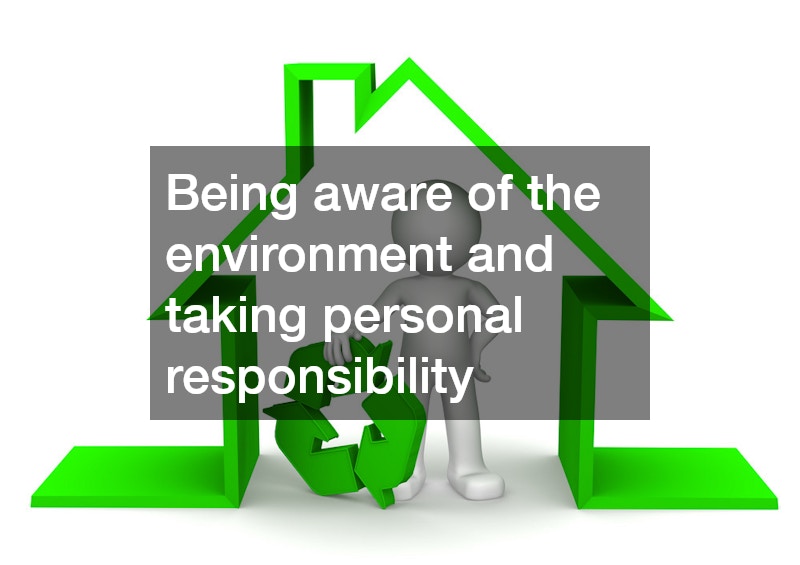
Being aware of the environment and taking personal responsibility in keeping the earth safer for future generations is important. So much waste, including non-recyclable plastics and non-recyclable garbage ends up tossed into landfills every day. By making a few simple changes such as using a recycle bin for plastic and choosing recycled containers, you can help reduce that waste. It’s very important to know what types of trash and other materials can be placed in a landfill, and what types cannot. All too often, landfills have chemicals including motor oil tossed into them. These are very bad for the environment. Checking with an oil recycling company before tossing old, used motor oil is a good idea to help ensure that it is disposed of safely. When you take time to find out what materials and chemicals cannot be placed in the landfill, you can easily do your part to help keep the environment cleaner, and the future much brighter for all of us.
In required keyword list:
These two needed a dash to be grammatically correct
Non recyclable garbage
Non recyclable plastics

There’s one thing we can all be in agreement about: nobody likes garbage. Of course, we’re all quick to make sure that our household waste is outside in garbage bins. But we tend to forget about it quickly enough after that. Nobody thinks about thinks about what goes into garbage pickup, or what we can do to ensure that it runs as smoothly as possible. If you put more thought into recycling and waste management, you can avoid things like your pickup garbage being skipped over or accomplished late. That way, you don’t have to deal with things like stench and the sight of an overflowing garbage bin as you wait for the weekly pickup. Furthermore, the more proactive you are about recycling, the better it will be for the environment. This is not something you should dismiss. As much as saving the environment may seem to be a fad for some, it is in fact an important issue that will affect all of us for a long time to come. You certainly shouldn’t leave it to the wayside. This goes not only for your garbage, but things like yard waste and much more.
How Serious Is The Issue Of Garbage?
There’s more to pickup garbage than you might initially think. When you really think about it, how much garbage do you think you throw out each week? On a yearly basis, it certainly does add up. Over the course of his or her lifetime, the average American will throw away 600 the amount of his or her weight in garbage. This, obviously, does not include recycling — which mean that all of that garbage goes on to harm the environment in one way or the other. On a daily basis, the average person creates over four pounds of trash a day. Again, this type of trash is pickup garbage. Not only is this bad for the environment — it also happens to have a negative financial effect for everyone involved as well. After all, the pickup garbage process costs money — usually, money that comes from your tax dollars. Not only does this count towards pickup garbage, however, but the garbage that is picked up after being found loose on the ground — that is to say, litter. The cleanup of litter alone costs, on average, $11.5 billion a year.
How Does Recycling Benefit People?
There are many different benefits to recycling. Obviously, we know that on a basic level, recycling benefits the environment. But many people are able to forget or dismiss this point because they don’t know what it means in concrete terms. Let’s look into the more important, solid details. There is a lot that could be recycled that isn’t. Many organic materials can be recycled, and they make up the largest component of municipal waste. In fact, paper and cardboard account for 27% of municipal waste, with yard trimmings and food accounting for another 28%. Though over 87% of Americans have access to curbside or drop-off paper recycling programs, many of us don’t take advantage of it. There are three “R’s” that make up the hierarchy of waste management — reduce, reuse, and recycle. And if we take advantage of these strategies, we can reduce not only the negative impact that garbage has on the environment, but the space it takes up and the amount of money it costs people on a basic level. How much space does garbage take up? Well, we’ll put it this way: recycling one ton of cardboard ends up saving over nine cubic yards of landfill space. As for cost, that’s impossible to ignore. Per ton, it costs $50 to send trash a landfill. In contrast, it costs only $30 to recycle that same amount of trash. One thing is clear — recycling is a better all-around option than simply tossing trash!
